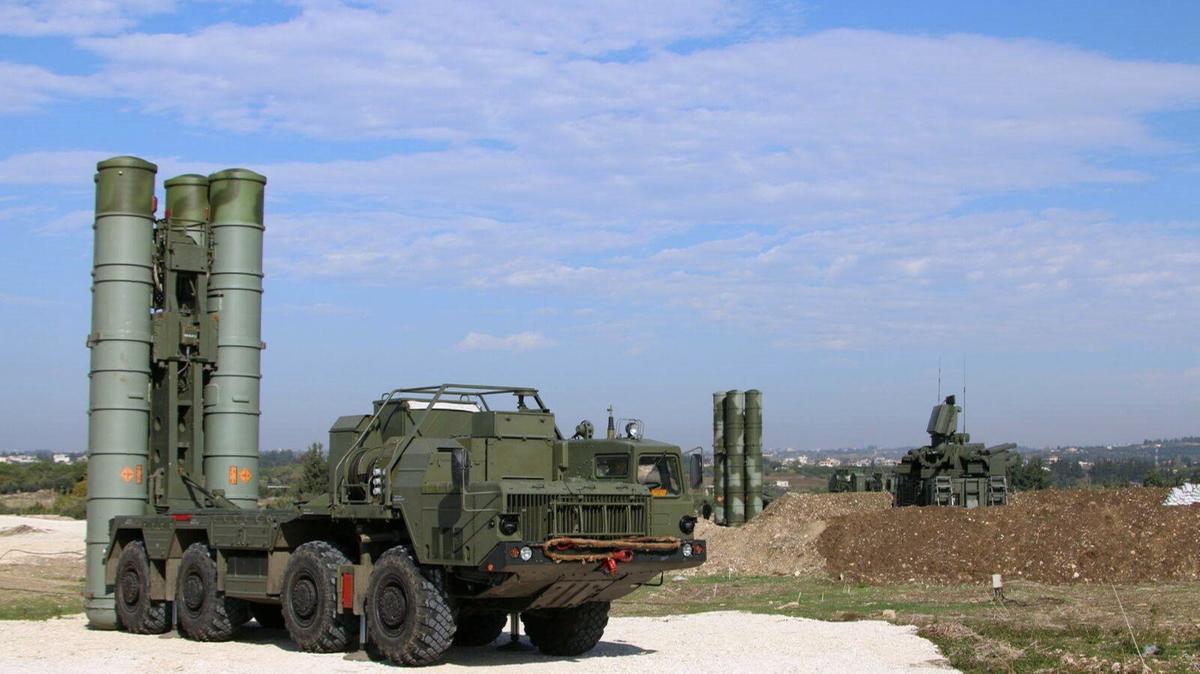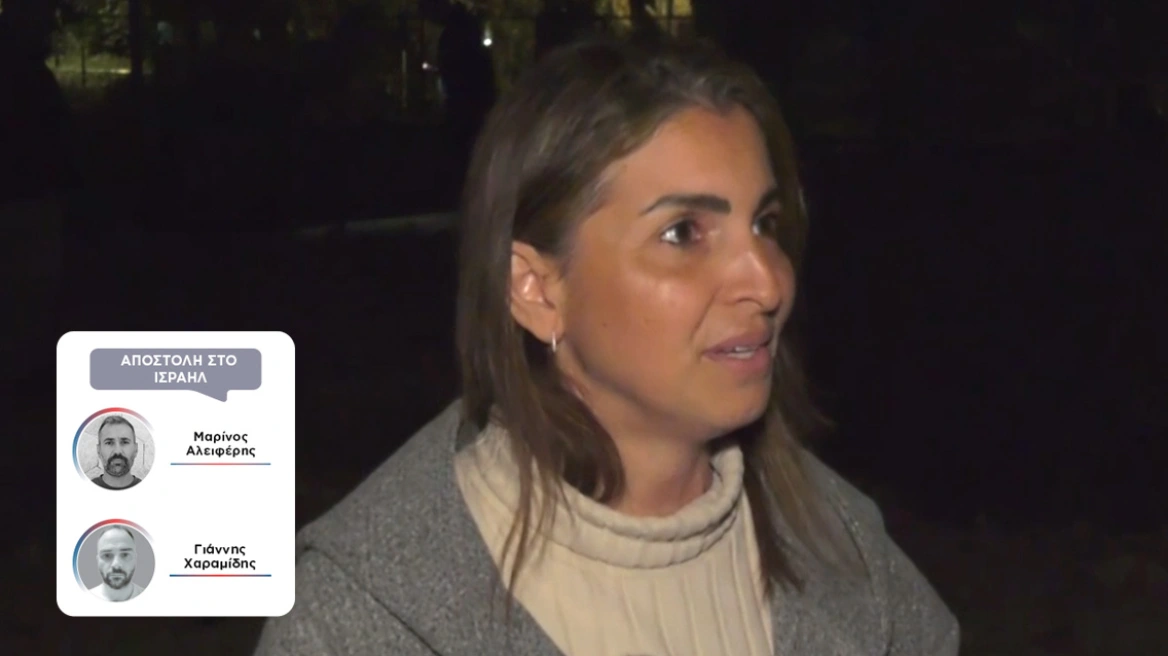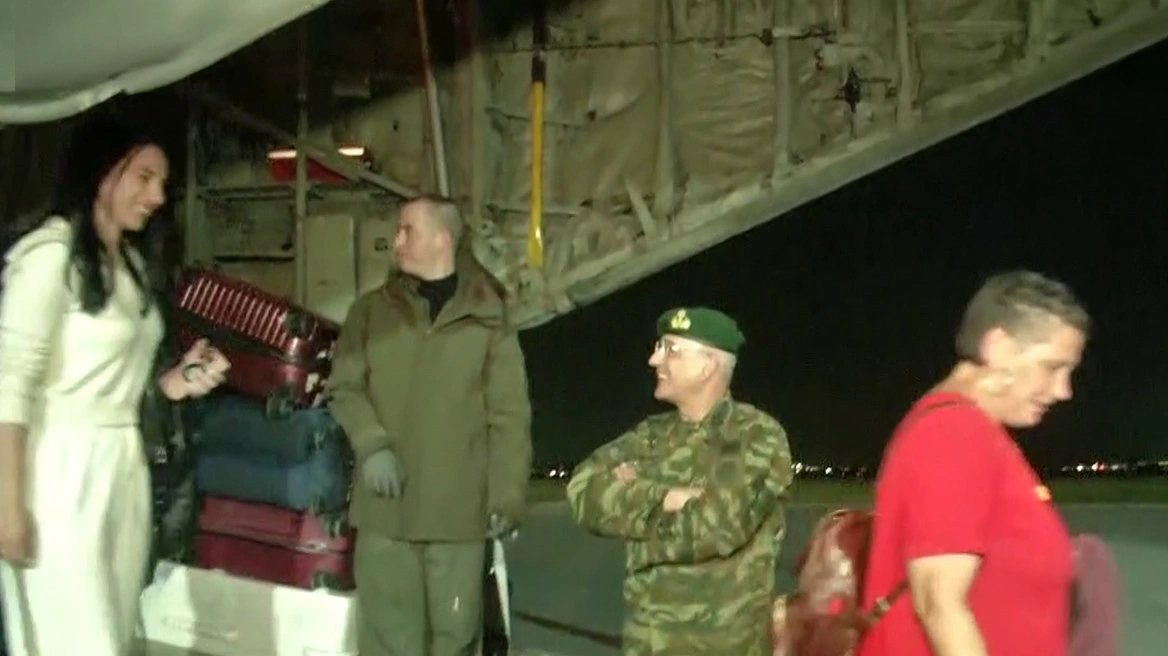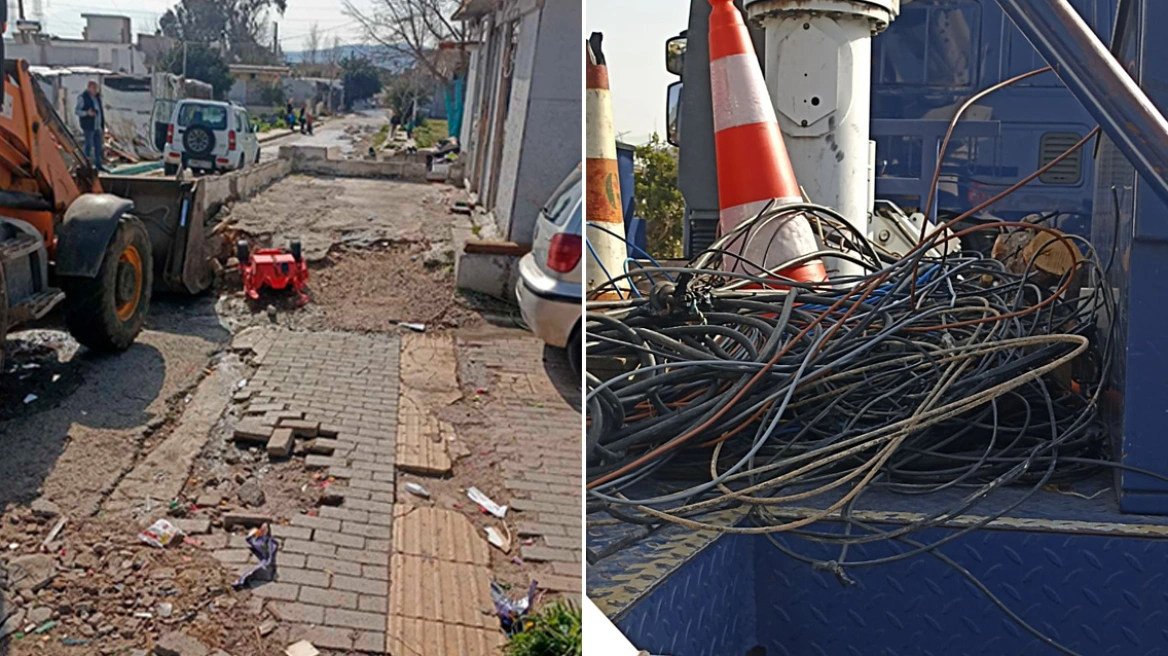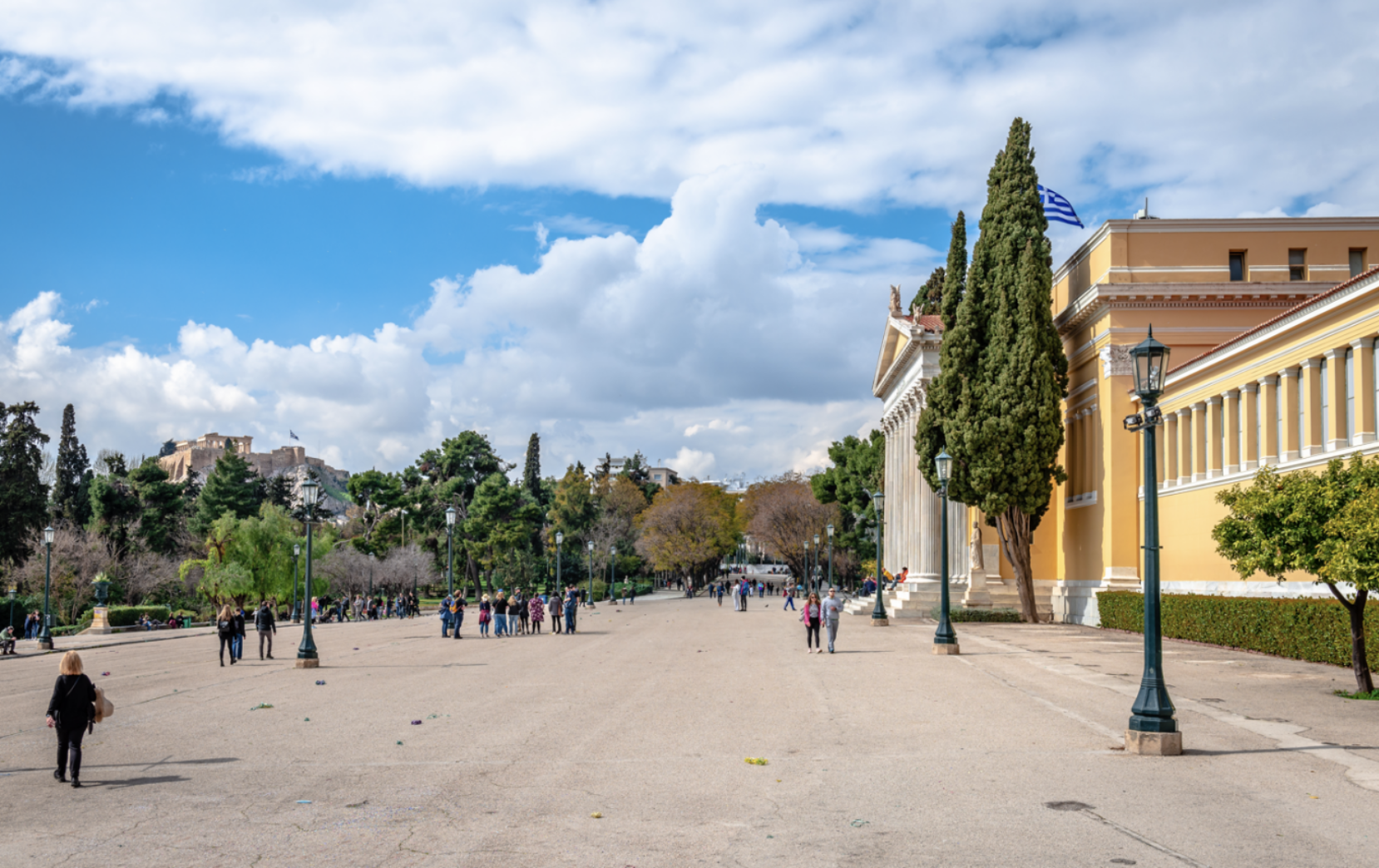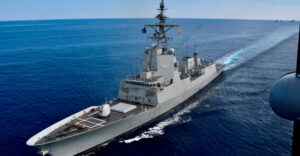Almost six months since Turkey acquired Russia’s S-400 air-defence missile system, the US government considers the issue far from settled and is threatening more sanctions on Ankara if it fails to address Western concerns.
“Turkey didn’t get away with it,” Assistant Secretary of State for Political-Military Affairs Clarke Cooper said on Wednesday at a briefing with reporters.
Mr Cooper told The National that possible sanctions under the Countering America’s Adversaries through Sanctions Act (CAATSA) could be triggered and “Turkey has narrowing window to address this issue”.
CAATSA was passed in 2017 with overwhelming bipartisan majority and is designed to sanction any significant transactions with Russia.
When it came to Turkey, a fellow NATO member, US President Trump has delayed the imposition of such sanctions.
Ankara acquired the advanced missile defence system last July in a deal worth $500 million (Dh 1.8 billion).
Despite successful tests in November, the system is not expected to come online until April.
Congress is growing impatient with both Ankara and the White House. But Mr Cooper pushed back saying that the acquisition of the S-400 has already hurt Turkey.
“We immediately removed Turkey from F-35 joint strike fighter program…and it challenged their membership in the North Atlantic Alliance (Nato).”
The lesson to others, Mr Cooper argued, is “look what Turkey has lost and what they could lose even further”.
CAATSA sanctions could be triggered by the summer if Turkey activates the missiles in April, one diplomatic source told The National.
But Turkey could also receive more missiles and equipment for the system from Russia.
Russian President Vladimir Putin visited Istanbul last weekend to inaugurate the Turkstream pipeline as relations between Mr Putin and his Turkish counterpart Recep Tayyip Erdogan reached new heights.
On Wednesday, Mr Trump spoke for the second time in two weeks with Mr Erdogan, according to the Turkish Presidency.
The two leaders discussed the situation in Libya ahead of a conference in Berlin on Sunday.
The conference, which aims to produce a ceasefire agreement, is due to be attended by representatives from a host of nations including the UAE, France, the US, Egypt, China, Turkey and Russia.
Source: the national
Ask me anything
Explore related questions
